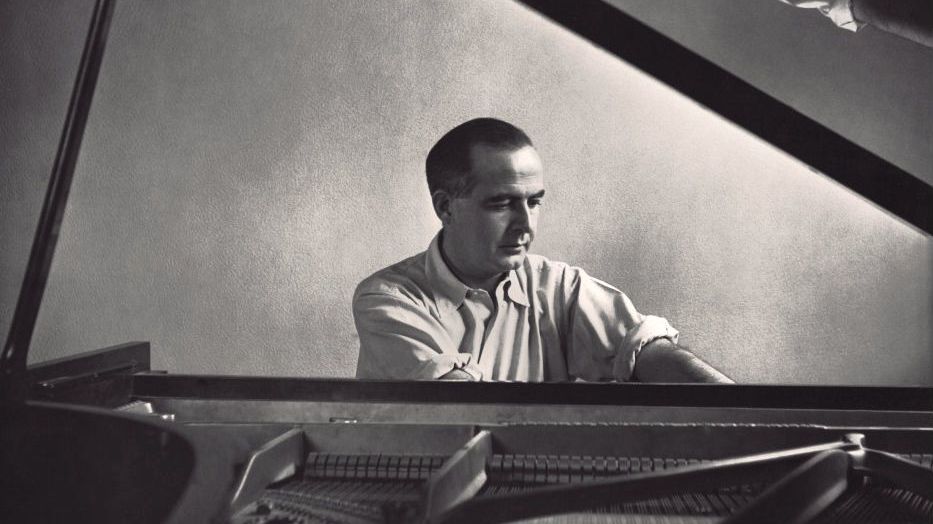Purcell’s “Hear My Prayer, O Lord”: VOCES8
Westminster Abbey was a prominent fixture in the life of Henry Purcell. Purcell was born in 1659 in a notorious slum known as The Devil’s Acre, which fell in the shadow of the soaring Gothic edifice. At the age of twenty, he succeeded the composer John Blow to become Organist and Master of the Choristers for Westminster Abbey. Purcell’s grave lies in the Abbey’s north aisle near the historic location of the organ. …







